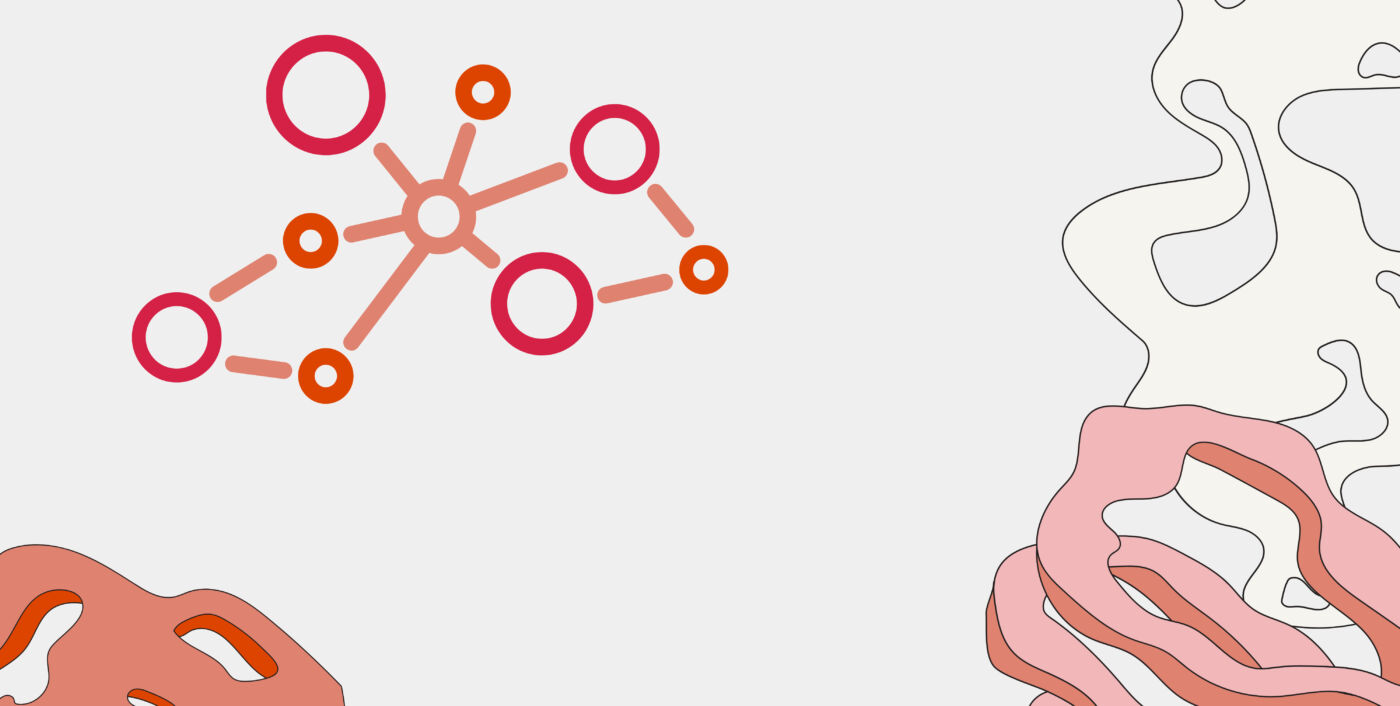
|
|
# 2023 BioPrediction Framework |
|
BioPrediction Framework addresses the challenge of extracting insights from growing biological sequence databases across sectors like health and agriculture. Given the complexity of biological sequences, this end-to-end automated Machine Learning (ML) framework detects implicit molecular interactions without needing researchers to master ML. With three primary objectives - accurate molecular interaction prediction, user-friendly ML tool development for biologists, and enhancing ML interpretability - the project aims to revolutionise research in protein interactions, metabolic mapping, and pharmacology, promising significant societal impacts.
# Artificial Intelligence# Machine Learning# Bioinformatics# Computer Vision# Data Science
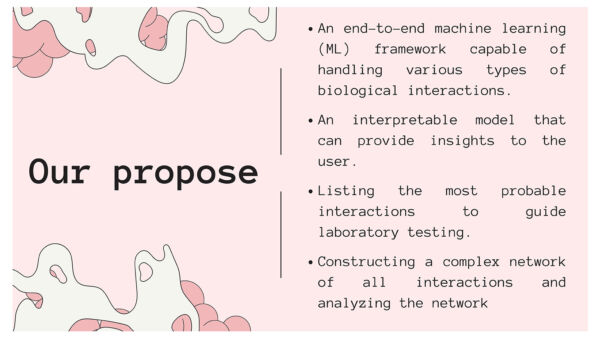
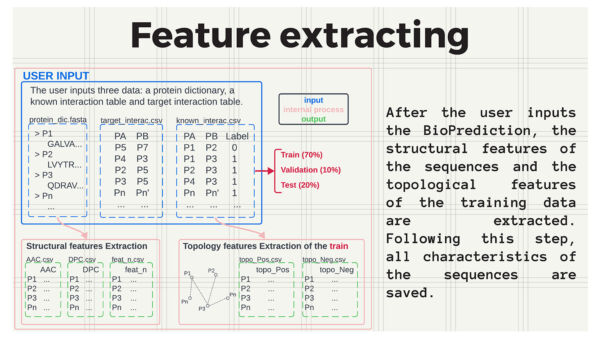
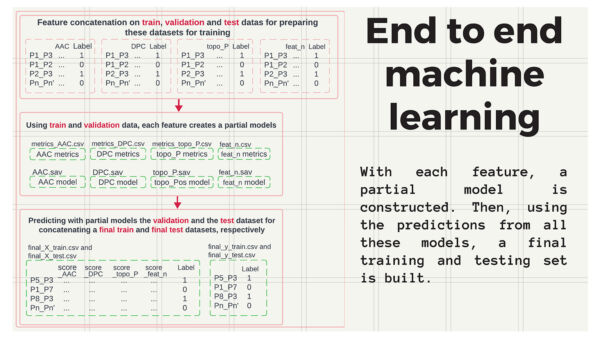
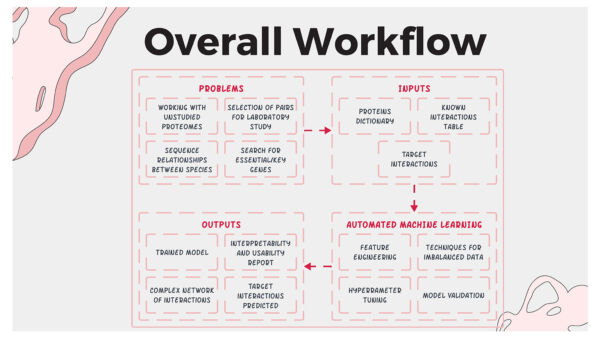
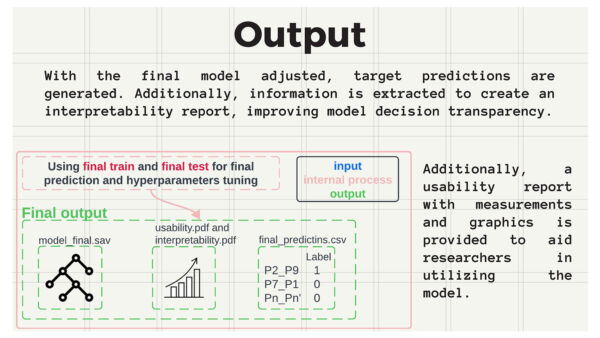
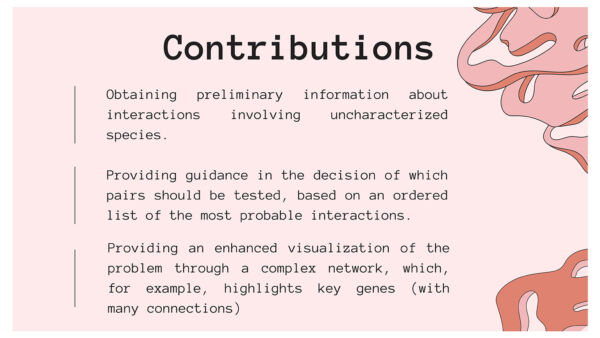
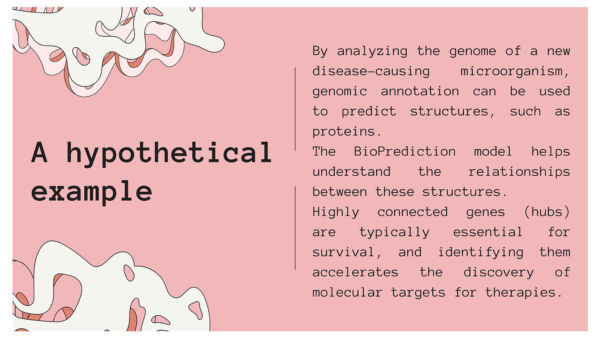
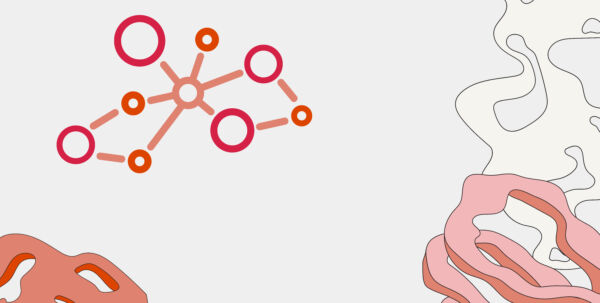

Iscte – University Institute of Lisbon
Advancing urban sustainability and equality through digital tools
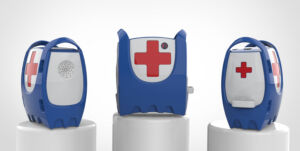
Revolutionary vaccine carrier ensuring safe delivery in low-income regions
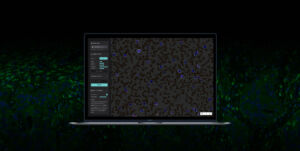
National University of Computer and Emerging Sciences
AI tool for rapid segmentation in microscopic image analysis
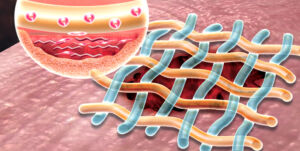
Wrocław University of Science and Technology
Combined suture-gauge material to revolutionise wound healing